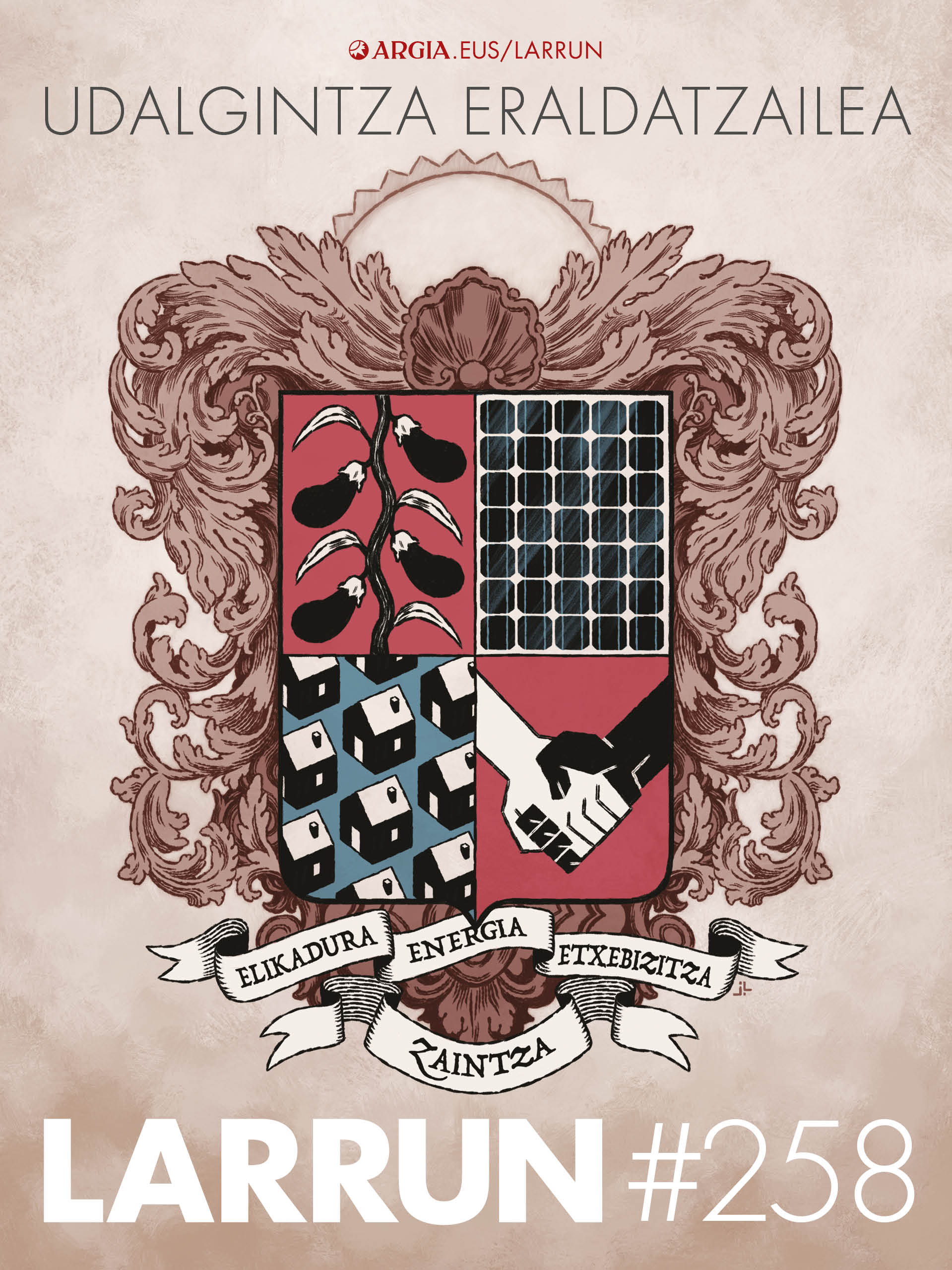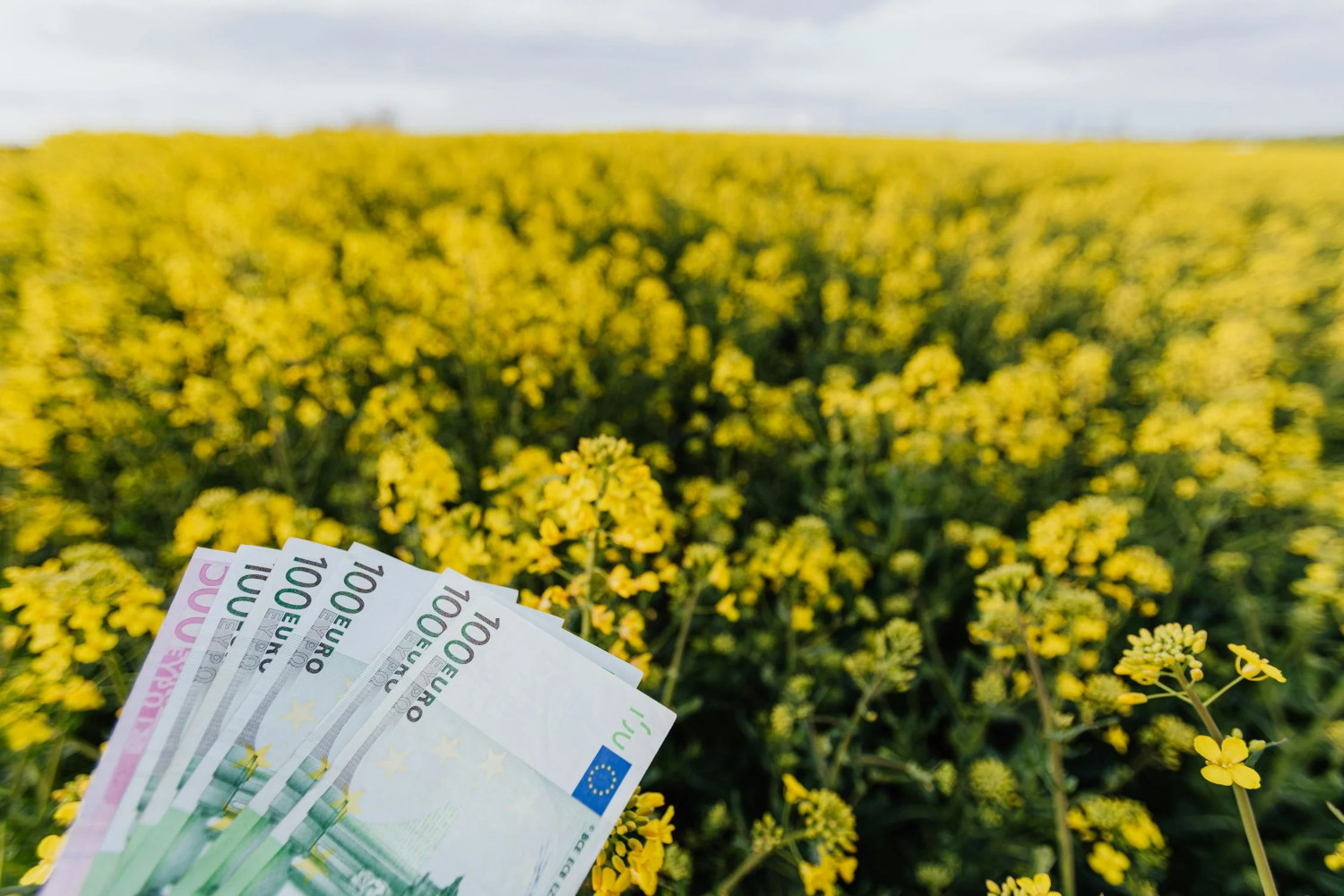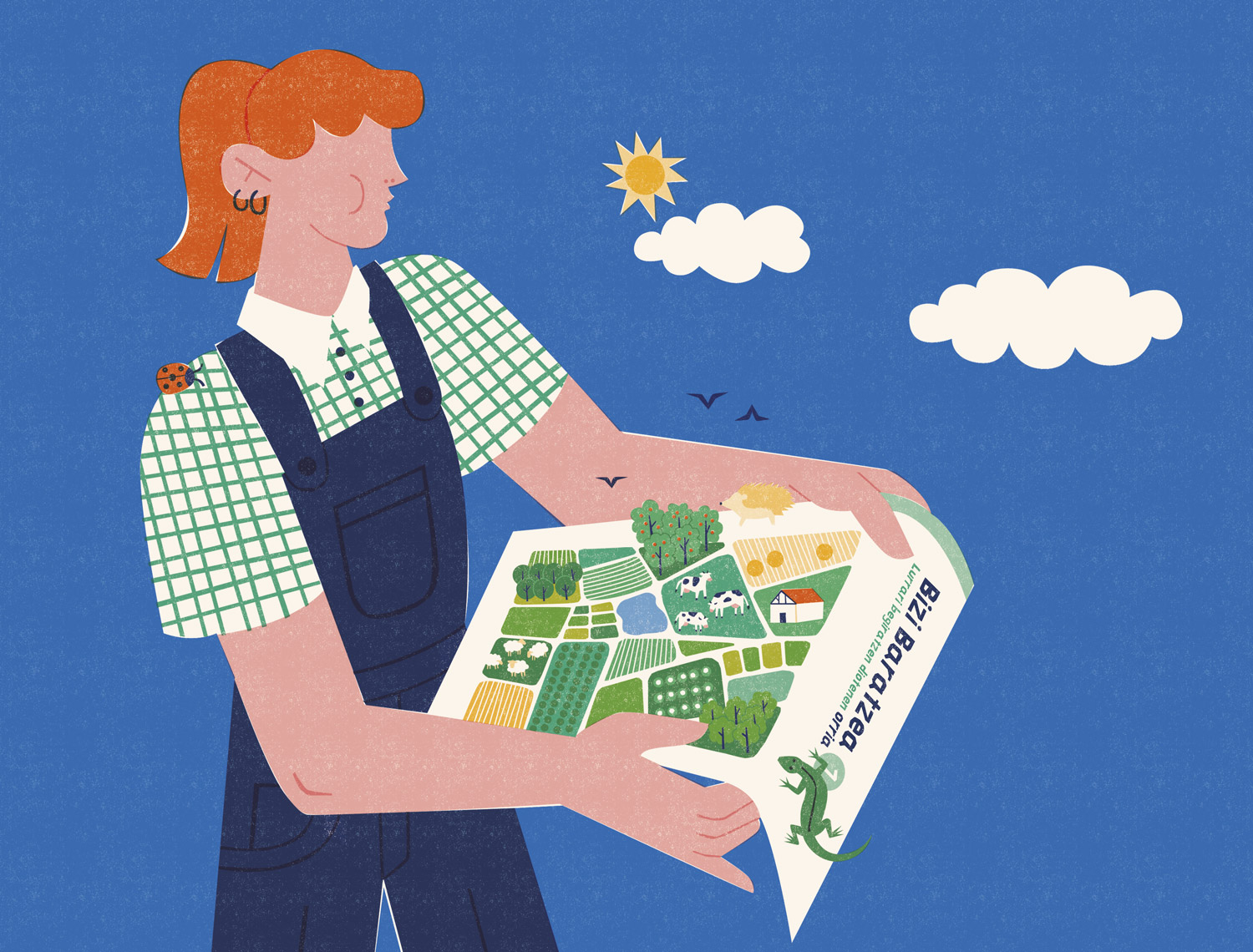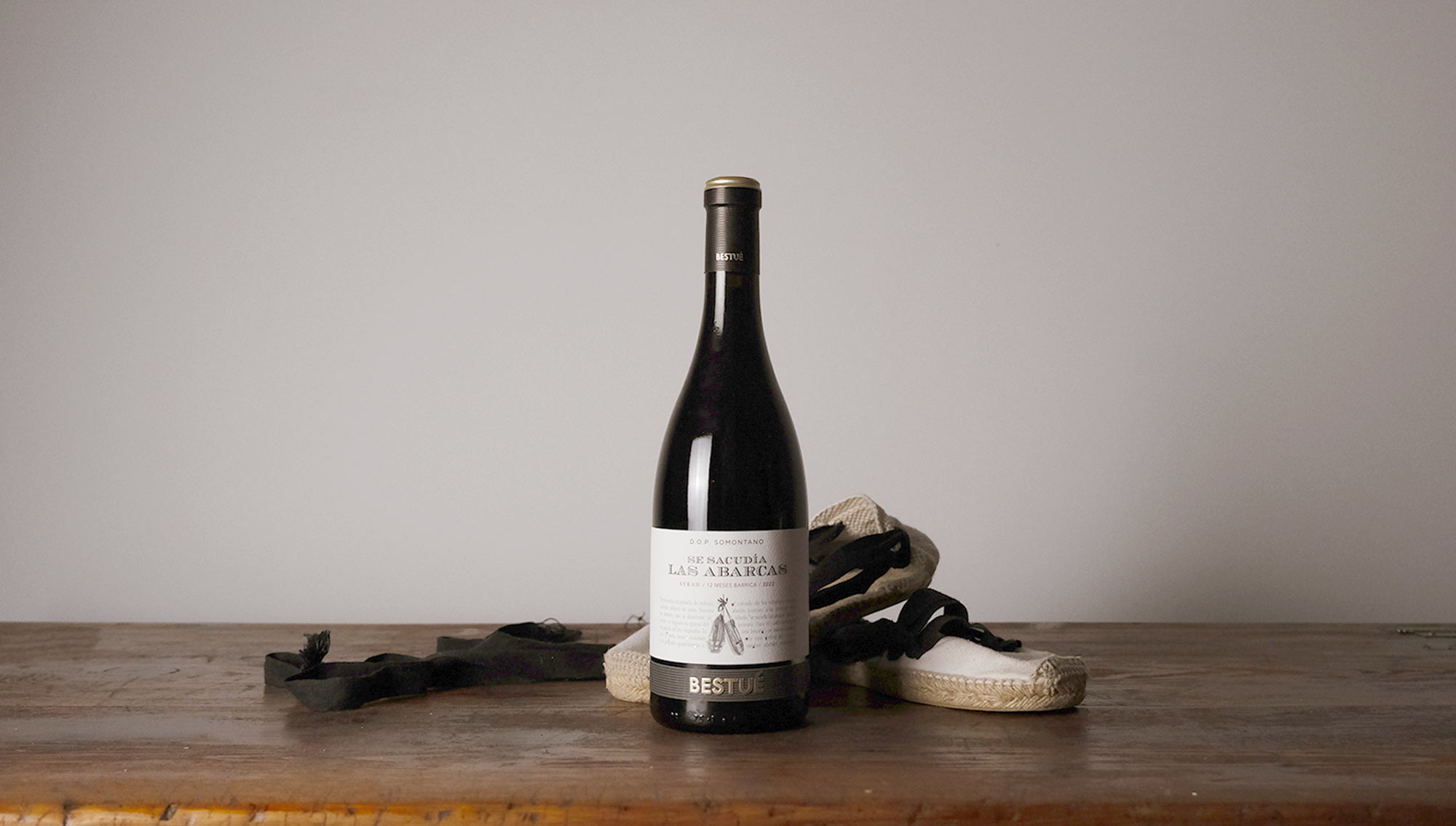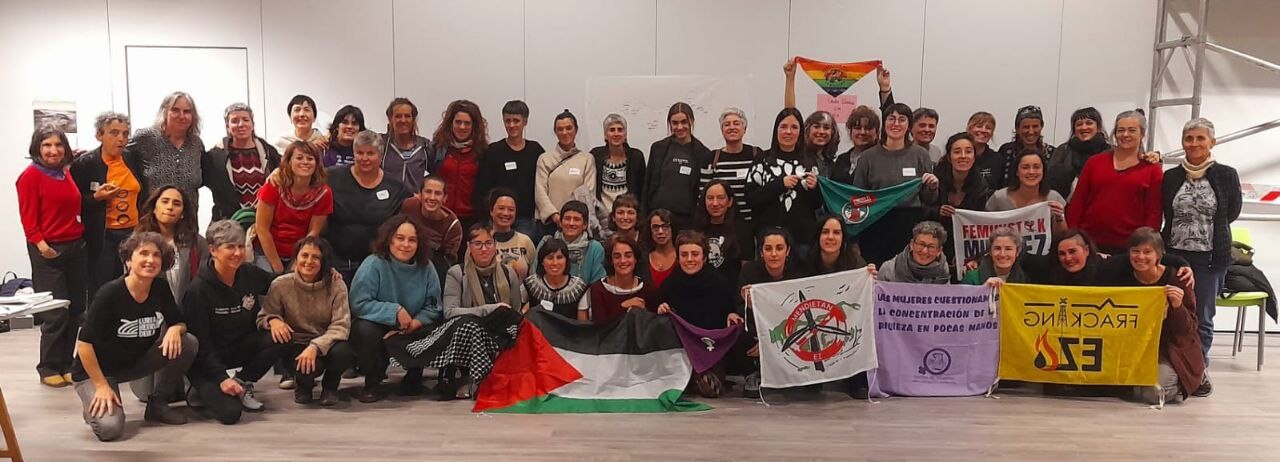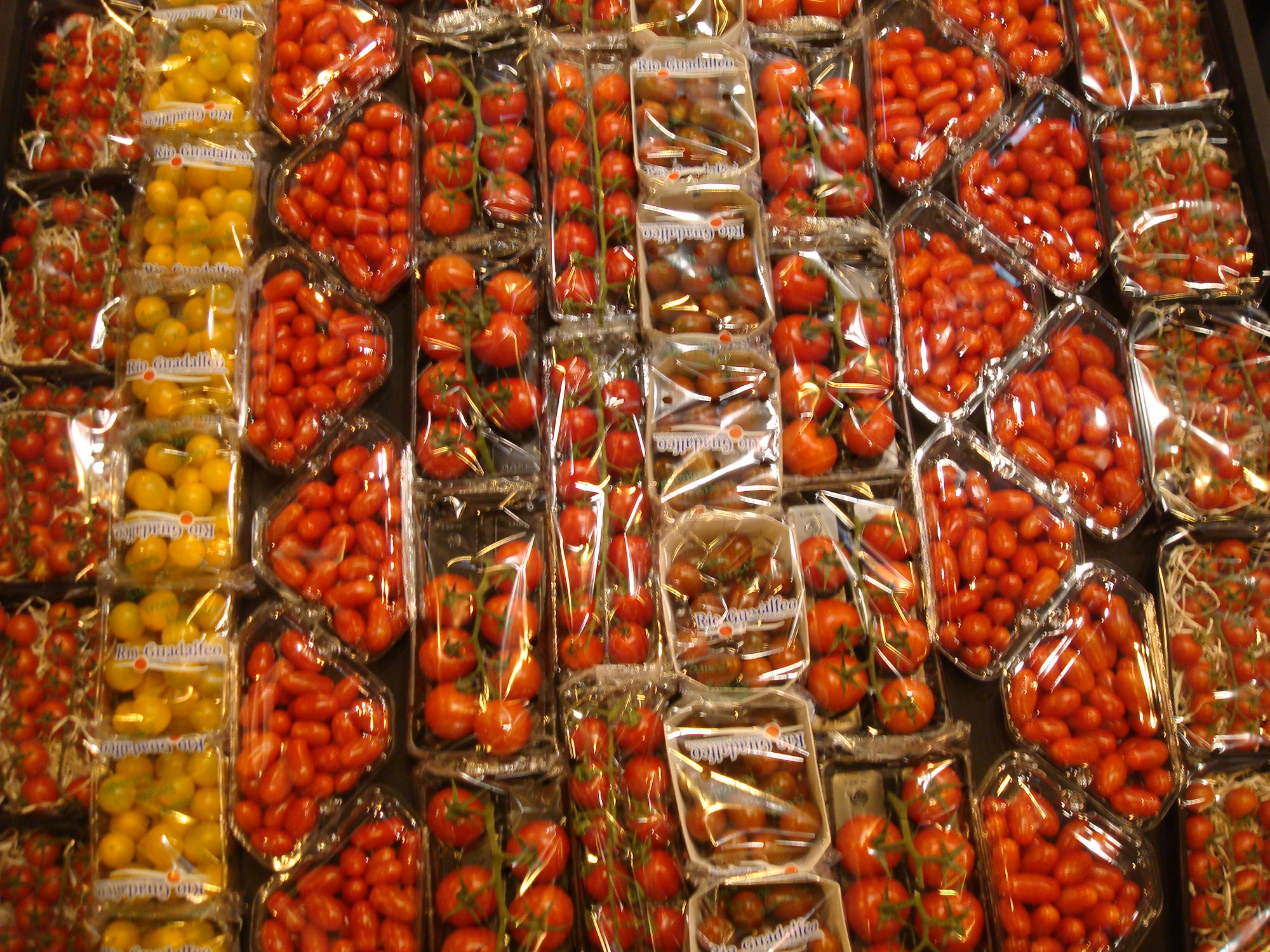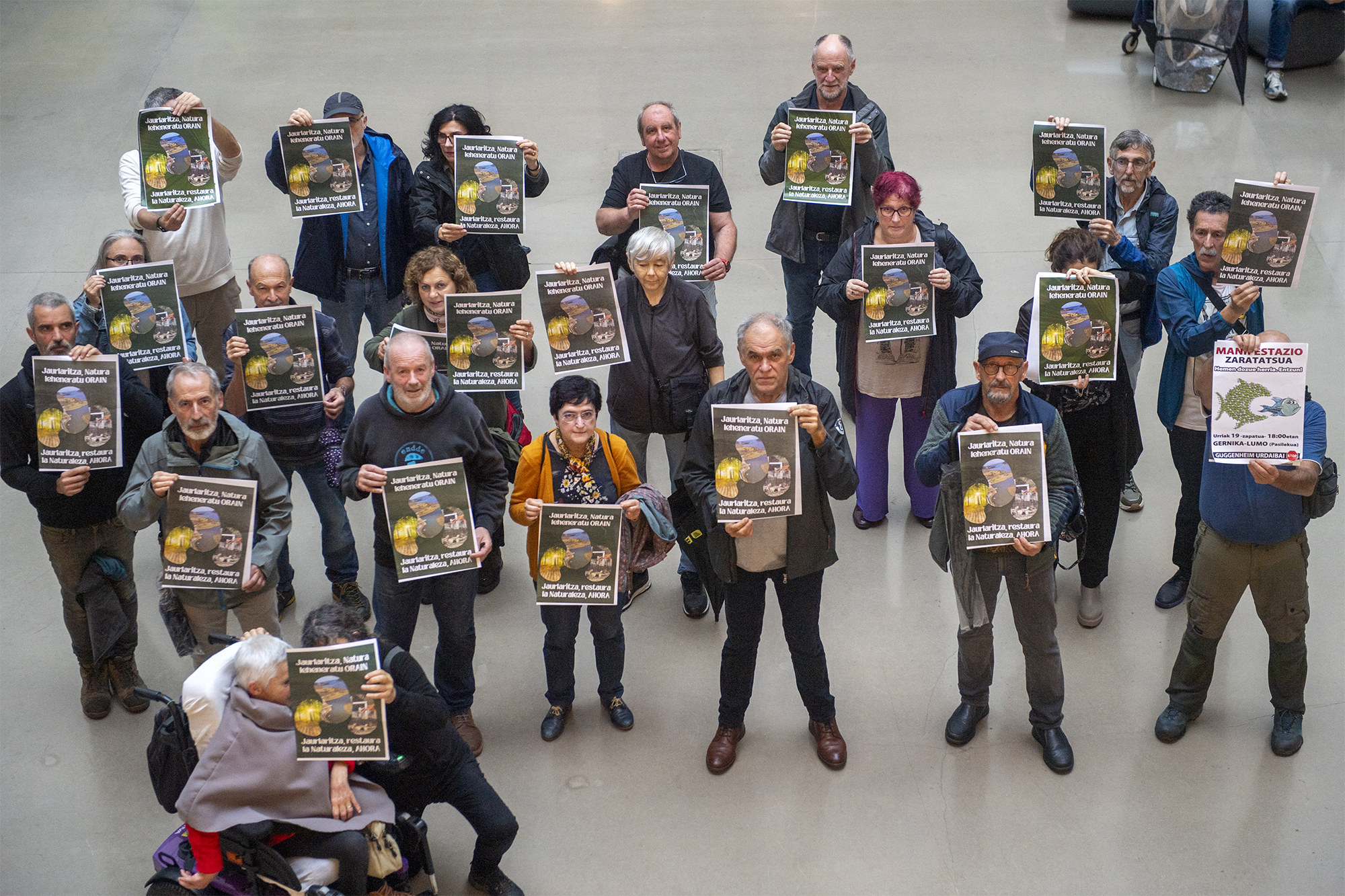Orduña: Producers, citizens and City Hall who take agroecology as their axis
- This article shows a practical example of transformative municipal construction: Project developed in recent years in Orduña on food sovereignty. To delve into the topic of transformative municipal policy, you can read the last issue of Larrun magazine.
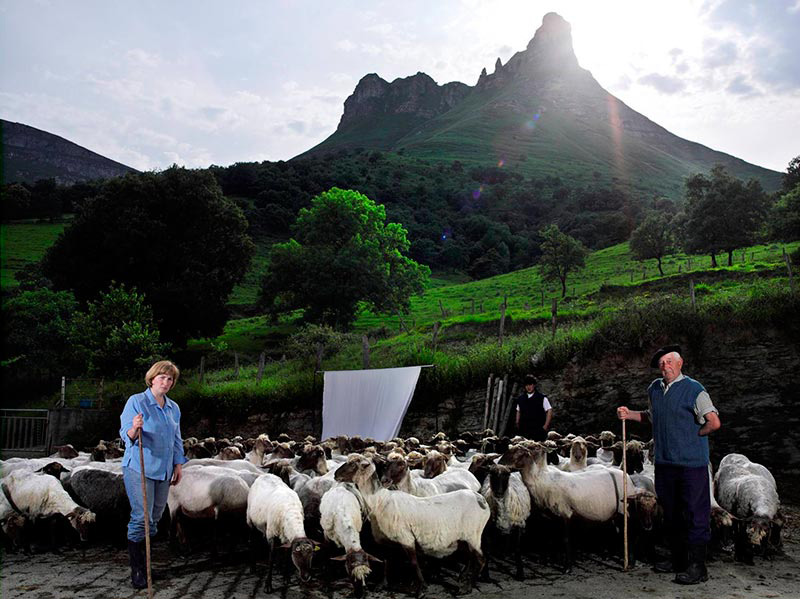
The agroecological transition project in Orduña began in 2006 with the implementation of the Orduña Production Service. The implementation of the service took place after a process of reflection carried out by the City Council and the local agents: Since 2000 the people had been in a crisis situation and felt the need to make a projection for the future. In the debate they decided to focus on tourism, small trade and the primary sector. The primary sector saw that it had to rely on land related production and that organic farming could be the option for the future.
Agroecology from the start
With the implementation of the Orduña Production Service in 2006, food sovereignty was established as an objective and working framework for agroecology. In the first three years, work was carried out with the first sector: “The objective was to seek the economic viability of the dwellings. A caserío work was carried out to identify the production costs. The result was that work had to be done in two areas: on the one hand, in reducing production costs, and on the other, on the road to the final consumer, which increased revenue. In this way, the baserritarras understood what agroecology was and saw that this theoretical framework provided benefits for their dwelling and also, in the face of the future change, created opportunities for young people from home”. The technician Marijo Imaz is glad that over time the relay has materialized in some villages.
Typical dishes in the kitchen
At first they relied heavily on the narrative of transition in the primary sector, on the production model... “But the City Hall saw that discourse didn’t reach all citizens. He understood that the transversal issue that reached everyone was the food system and in 2009 changed the narrative to bring small businesses and the industrial project closer together.”
The City Council appreciated the steps taken so far to promote local consumption: the launch of the market for baserritarras, the creation of an alliance between local trade and baserritarras, the dynamization of consumer groups... “but it was seen that it was difficult to influence the consumption of individuals. Then, the City Council focused on collective consumption: to set an example to municipalities, since the best awareness campaign is to consume local products”. The kitchen of the residence was modified to serve the residence and the school next to it. “When the public procurement documents came out, the city council introduced agri-ecological criteria. As a result, the chosen dealers were the baserritars of the area.” Since the kitchen management service has been outsourced for 20 years, at the moment the possibility of publishing or cooperating with the employees has not been sought and the solution found to start the project was to distribute the contract: hiring personnel on the one hand and buying food on the other.

Commitment of the City Council and next steps
Driven by the sector, the municipal plenary signed in 2012 a manifesto in favor of food sovereignty. Imaz says it is important to support technical work: “The aim is for the food system to be a cross-cutting issue in the City Hall. Over time, agroecological criteria have been able to influence other municipal ordinances, especially the use of public soils”. Urduña has communal lands and through the ordinances priority has been given to the baserritars that live 100% of the agriculture, “because otherwise young people could not dedicate themselves to livestock”.
The next challenge, driven by livestock associations and supported by the City Hall, is to set up a collective worker to transform food. This project aims to be a reference in meat processing training. And in 2021, the food strategy for the next 10-15 years will be reviewed. All of this, like all of the above, through a participatory process.
2020. urteko udaberrian lorategigintzak eta ortugintzak hartutako balioa gogoan, aisialdi aktibitate eta ingurune naturalarekin lotura gisa. Terraza eta etxeko loreontzietan hasitako ekintzak hiriko ortuen nekazaritzan jarraitu du, behin itxialdia bareturik. Historian zehar... [+]
Euskal Herri mailan txikitik handira agroekologia sustatzen duten zenbait elkarte eta kooperatiba ataka larrian daude, finantziazio iturriak bertan behera geratu ostean. Erakunde publikoetatik, berriz, elikadura negozio gisa ikusten duten proiektuen aldeko apustu irmoa nabari... [+]
Gaur abiatu da Bizi Baratzea Orrian kide egiteko kanpaina. Urtaro bakoitzean kaleratuko den aldizkari berezi honek Lurrari buruzko jakintza praktikoa eta gaurkotasuneko gaiak jorratuko ditu, formato oso berezian: poster handi bat izango du ardatz eta tolestu ahala beste... [+]
Iruñean bizi ziren Iñaki Zoko Lamarka eta Andoni Arizkuren Eseberri gazteak, baina familiaren herriarekin, Otsagabiarekin, lotura estua zuten biek betidanik. “Lehen, asteburuetan eta udan etortzen ginen eta duela urte batzuk bizitzera etorri ginen”, dio... [+]
Gipuzkoako hamaika txokotatik gerturatutako hamarka lagun elkartu ziren otsailaren 23an Amillubiko lehen auzo(p)lanera. Biolur elkarteak bultzatutako proiektu kolektiboa da Amillubi, agroekologian sakontzeko eta Gipuzkoako etorkizuneko elikadura erronkei heltzeko asmoz Zestoako... [+]
Emakume bakoitzaren errelatotik abiatuta, lurrari eta elikadurari buruzko jakituria kolektibizatu eta sukaldeko iruditegia irauli nahi ditu Ziminttere proiektuak, mahai baten bueltan, sukaldean bertan eta elikagaiak eskutan darabiltzaten bitartean.
Ibon galdezka etorri zait Bizibaratzea.eus webguneko kontsultategira. Uda aurre horretan artoa (Zea mays) eta baba gorria (Phaseolus vulgaris) erein nahi ditu. “Arto” hitza grekotik dator eta oinarrizko jakia esan nahi du, artoa = ogia; arto edo panizo edo mileka... [+]







